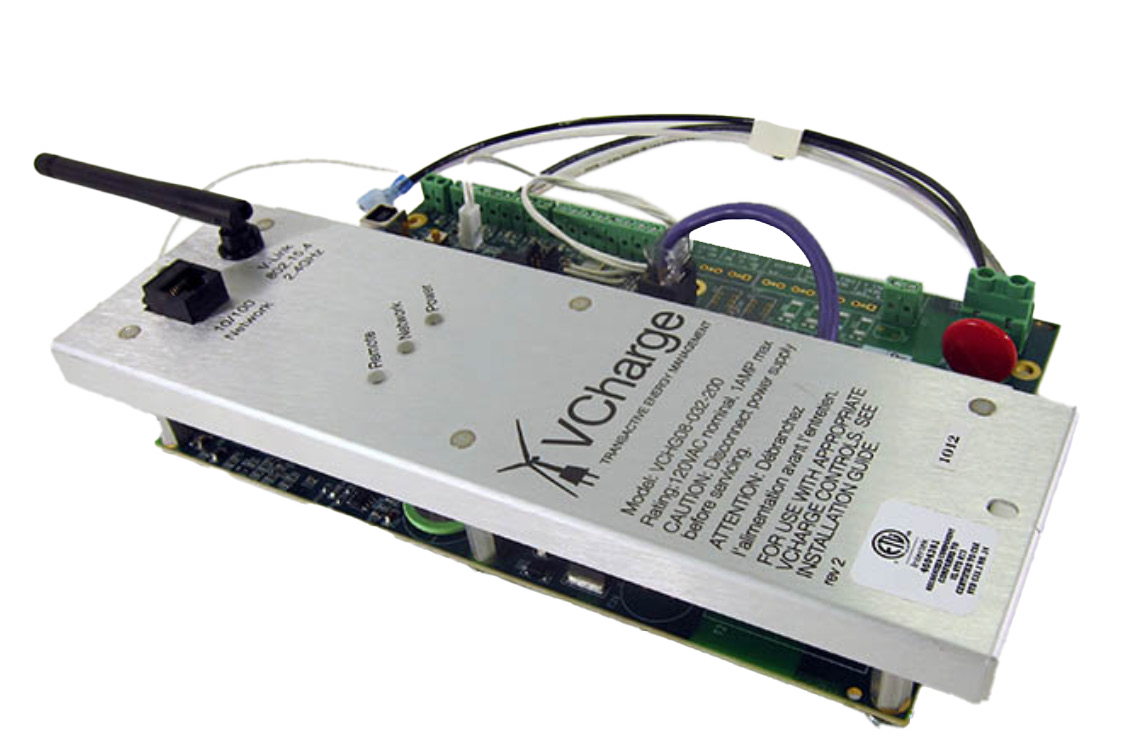
Energy Management Solutions Provider
Impact ES–Rhode Island developed firmware and hardware that enabled our client to integrate wireless control equipment into electric thermal storage heating units. This innovation provided a dual benefit—creating an income stream for the company while reducing energy costs for customers by 15%. The solution also contributed to grid stability and flexibility.
Electric thermal storage heating systems use electricity to heat insulated bricks, which then distribute heat via a fan. The client required a control system that could:
Automate heating schedules to optimize energy consumption and cost savings.
Allow heaters to act as thermal batteries, storing energy when prices are low and potentially selling excess electricity back to the grid.
Establish seamless communication between the heating units, households, and the electric grid. Ensure compliance with safety and regulatory standards.

Impact ES–Rhode Island collaborated with the client to develop an integrated system consisting of:
A Linux-based server to track electricity usage and facilitate two-way communication between the grid and household heating ystems.
Special-purpose hardware in each household to relay commands and status updates between heating units and the central server.
Embedded firmware enabling real-time adjustments based on utility pricing and grid demand.
Compliance with UL and ETL standards, ensuring the hardware met all safety and performance regulations.
This system allowed electric utilities to dynamically adjust electricity usage, optimizing grid efficiency while providing cost savings to consumers.
The implementation of this smart heating control system resulted in:
A 15% reduction in customer energy bills.
Greater grid stability and flexibility through dynamic load balancing.
A new profitable revenue stream for the client.
Compliance with industry safety and performance standards.
Intelligent control systems can optimize energy consumption and lower costs for consumers.
Integrating thermal storage heating with smart grid communication enhances energy efficiency.
Cloud-based solutions enable seamless two-way communication between utilities and end-user devices.
Compliance with regulatory standards is crucial for widespread adoption and market success.
Energy-saving innovations can simultaneously drive business profitability and environmental benefits.